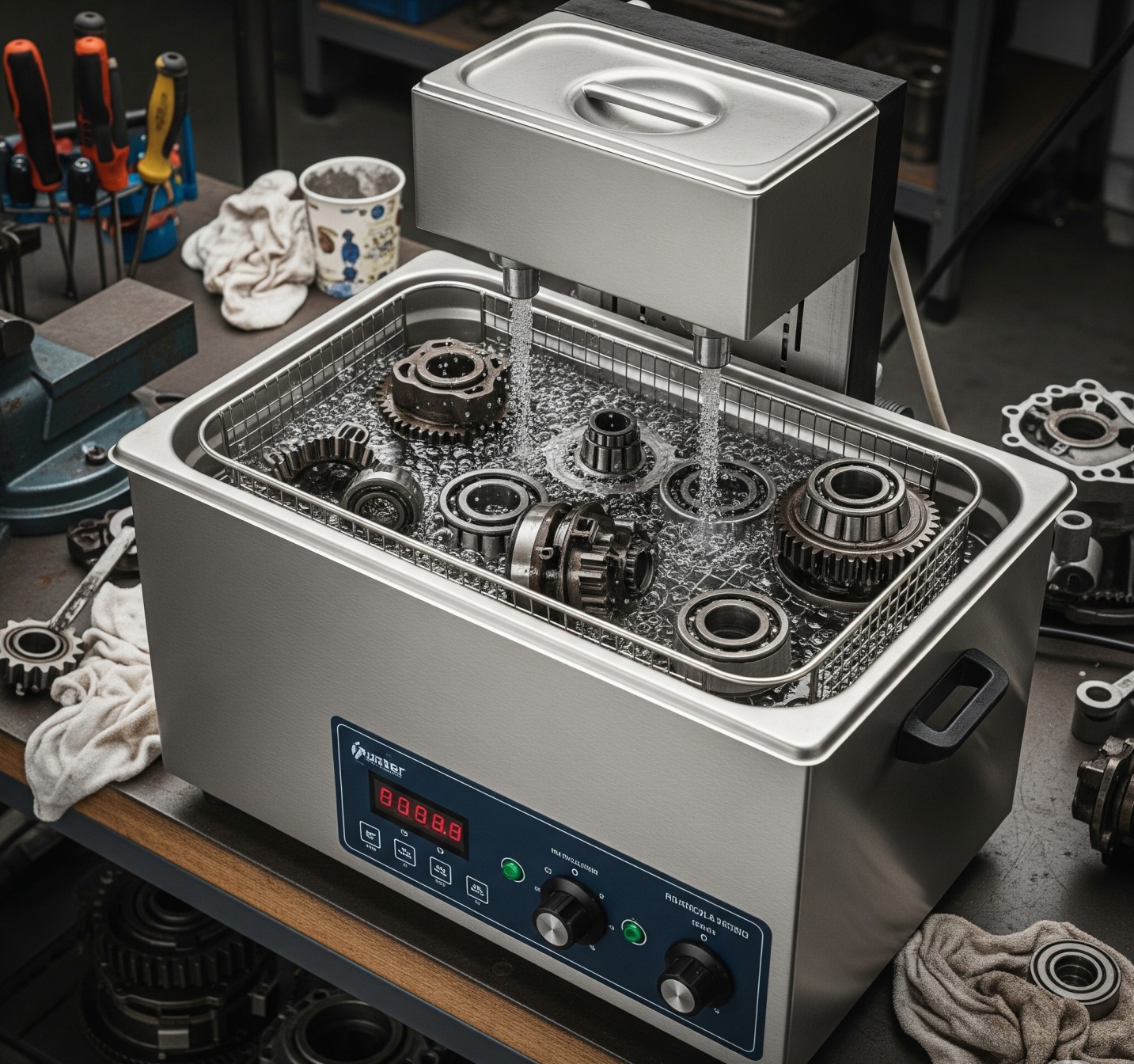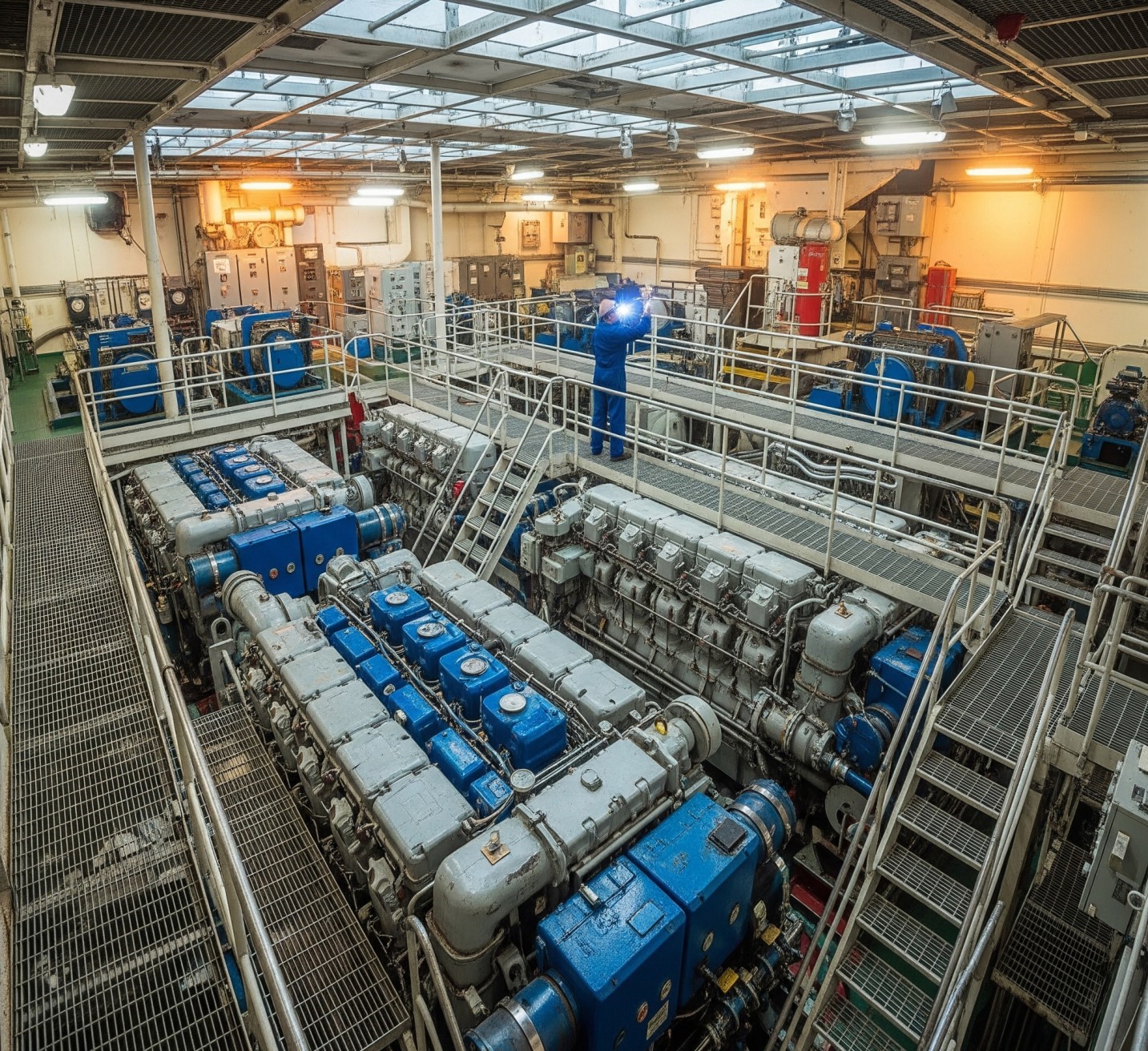Muscat chemical is lead acetate, lead diacetate, manufacturer, Supplier in Muscat Oman. We are supplied into various industrial markets including Household, Institutional Cleaning, Personal Care, and Industrial sectors including Oil fields, Agriculture, Lubricants, Marine Industry, Metal Working chemical industry, and Coatings markets.
Lead(II) acetate (Pb(CH3COO)2), also known as lead acetate, lead diacetate, plumbous acetate, sugar of lead, lead sugar, salt of Saturn, or Goulard’s powder, is a white crystalline chemical compound with a sweetish taste. It is made by treating lead(II) oxide with acetic acid. Like other lead compounds, it is toxic. Lead acetate is soluble in water and glycerin. With water, it forms the trihydrate, Pb(CH3COO)2·3H2O, a colorless or white efflorescent monoclinic crystalline substance.
Industrial uses
Lead(II) acetate paper is used to detect the poisonous gas hydrogen sulfide. The gas reacts with lead(II) acetate on the moistened test paper to form a grey precipitate of lead(II) sulfide.
An aqueous solution of lead(II) acetate is the byproduct of the 50/50 mixture of hydrogen peroxide and white vinegar used in the cleaning and maintenance of stainless steel firearm suppressors (silencers) and compensators. The solution is agitated by the bubbling action of the hydrogen peroxide, and the main reaction is the dissolution of lead deposits within the suppressor by the acetic acid, which forms lead acetate. Because of its high toxicity, this chemical solution must be appropriately disposed of by a chemical processing facility or hazardous materials center. Alternatively, the solution may be reacted with sulfuric acid to precipitate nearly insoluble lead(II) sulfate. The solid may then be removed by mechanical filtration and is safer to dispose of than aqueous lead acetate.
It was also used in making slow matches during the Middle Ages. It was made by mixing natural forms of lead(II) oxide called litharge and vinegar.
we provide a wide variety of effects on which many other industry sectors rely. Some of the categories of speciality chemicals are adhesives, agrichemicals, cleaning materials, colors, cosmetic additives, construction chemicals, elastomers, flavors, food additives, fragrances, industrial gases, lubricants, paints, polymers, surfactants, and textile auxiliaries. Other industrial sectors such as automotive, aerospace, food, cosmetics, agriculture, manufacturing, and textiles are highly dependent on such products.
We are trying our best to supply every chemical you may wish to buy. However, if there is something you can’t find, feel free to contact us and we will find just what you are looking for and offer you a competitive price. For more information or to request a particular product, call customer services or Given website Email address.
theomanchem@gmail.com




